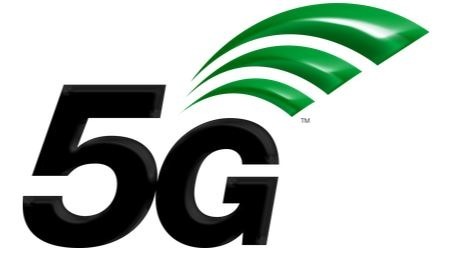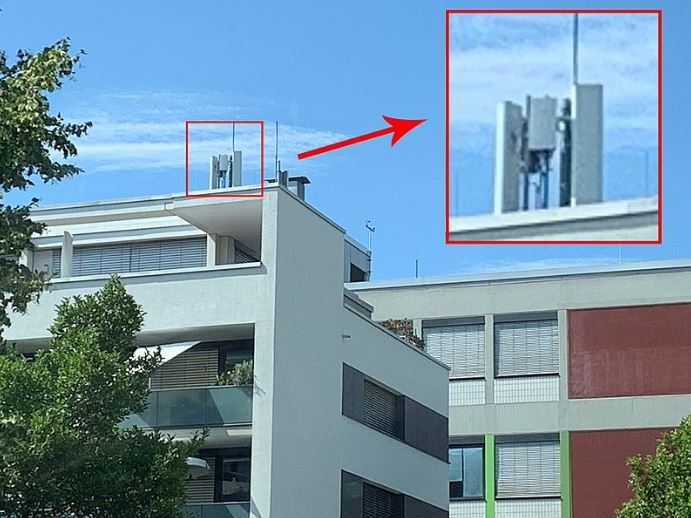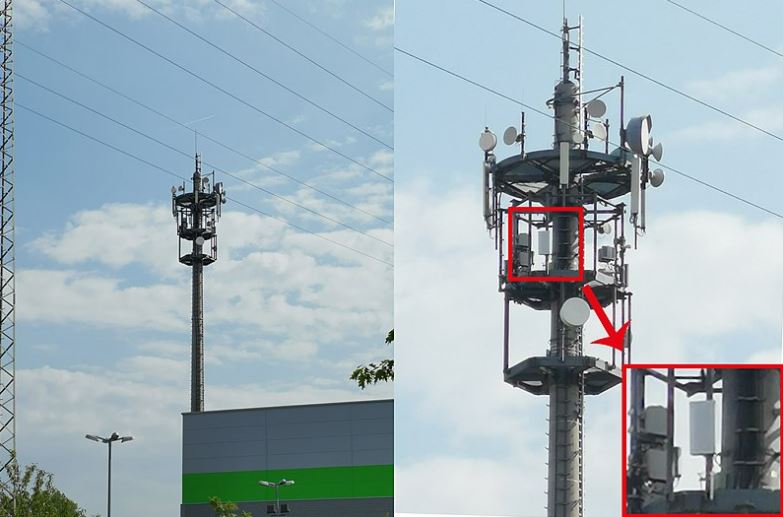The 5G, also known as the fifth generation of mobile broadband technology, has stirred a buzz in the telecommunication industry with its promise for an expanded speed and reach in terms of mobile capabilities.
Major mobile carriers in the world considered 5G the next big thing as its reputation started to build up. The initial deployment of this technology has seriously affected mobile makers and users through the years. The talks on the benefits of 5G immediately became a significant subject in the discussion among tech giants and experts.
As its potential growth and marketability became a center of discussion, the introduction of 5G became a great advantage in terms of how mankind can develop new technology to solve the pressing issue of internet connection, and telecommunication.
Despite the questions posed by critics and naysayers on the capabilities of 5G, the truth is 5G has been a significant breakthrough in telecommunication. Depending on your mobile network and the number of devices connected, 5G could deliver a download speed from 1Gbps to 10Gbps.
While its latency, also known as the time it takes to send data, could be as low as 1 millisecond (ms).
Els Baert, director of marketing and communications at NetComm, said, “the arrival of 5G will undoubtedly br ing higher speeds for end-users — but those speeds will vary depending on how operators design their networks and how many users are on the network.
“Although 5G will be able to deliver higher speeds, the main difference end users will notice will be the extra-low latency on 5G compared to 3G or 4G — this will open up new applications in the Internet of Things space,” Baert said in an interview with Digital Trends.
In another review, a white paper from the Next Generation Mobile Networks Alliance stressed that 5G networks “should offer 10ms latency in general and 1ms for special cases that require lower latency.”
“Data rates up to 1Gbps should be supported in some specific environments, like indoor offices, while at least 50Mbps shall be available everywhere,” the reports added.
According to the experts, latency is more important than the actual download speed.
While 5G’s speed is still theoretical compared to the different generations of wireless technology globally, technology experts suggested that it takes more time than the peak speed of 5G will happen in the real world despite the chosen connected device.
Before the creation of 5G, the previous generations of mobile networks were 1G during the 1980s which brought us analog voice; 2G developed in the early parts of 1990s that introduced us the digital voice, like CDMA- Code Division Multiple Access; 3G which took place in early 2000s that brought mobile data, like CDMA2000; and the 4G LTE in 2010s that went with the massive marketability on mobile broadband.
Interestingly, more experts have debated on 5G advantages and disadvantages. However, 5G-capable networks are expected to be seen worldwide with the advent of 5G technology. While the 5G iPhone and a 5G-enabled Samsung Galaxy S20 are already available in the market, not all devices support the new 5G capabilities yet, according to Digital Trends.
Interesting facts about 5G?
Tech site Qualccom said the 5G wireless technology “is meant to deliver higher multi-Gbps peak data speeds, ultra low latency, more reliability, massive network capacity, increased availability, and a more uniform user experience to more users.”
“Higher performance and improved efficiency empower new user experiences and connects new industries,” it added.
As a 5th generation mobile network following the1G, 2G, 3G, and 4G networks, the 5G has brought a new kind of hope to the people to be virtually connected to everyone and everything, including tech devices, machines, and objects.
“5G can also deliver much lower latency for a more immediate response and can provide an overall more uniform user experience so that the data rates stay consistently high—even when users are moving around. And the new 5G NR mobile network is backed up by a Gigabit LTE coverage foundation, which can provide ubiquitous Gigabit-class connectivity,” a Qualccom review on 5G said.
“There are several new mobile phones available that are designed to support 5G, and multiple carriers across the world support the 5G wireless network. As the 5G rollout timeline progresses, more smartphones and carrier subscriptions will become available, as 5G technology and 5G compatible devices becoming more mainstream,” it added.
The other impacts of 5G include:
- The 5G key featured covers massive IoT, mission-critical services, and mobile brands.
- The significant differences between 5G and the older generations of mobile networks 5G include the advanced capability in air interface, new delivery services, superior speed, and higher reliability.
- 5G will contribute a lot to the healthcare system’s digitalization and remote control, transportation, agriculture, logistics, and racing entertainment, among others.
- 5G brings an impact to global development by creating $22.8 Million new jobs, $13.1 Trillion dollars of economic output, and $265 Billion global 5G CAPEX and R&D annually for the next 15 years.
- 5G’s full economic impact effect will likely be seen worldwide by 2035.
- The 5G goes beyond the previous mobile networking brands like the automotive industry.
- The 5G value chain, from application developers, content makers, OEMs, operators, and users alone, could support up to 22.8 Million worth of employment opportunities.
- 5G can enhance the mobile broadband’s other tech experiences like faster VR and AR, and lower cost-per-bit.
- 5G can transform medical procedures and technology.
- Major global phone manufacturers are commercializing 5G phones for more accessibility to the technology.
- More nations are set to launch their 5G networks.
Conclusion:
The deployment of 5G across the globe is an exciting experience in mobile broadband technology and internet connectivity. More consumers have welcomed the rollout of 5G due to its promise of high speeds and low latencies. The coming of 5G is critical in developing other technologies in transportation, health, agriculture, automotive, gaming, and many other industries in the world. What is essential is using a smartphone that carries 5G if you desire to avail the network. It is also crucial that mobile platforms are 5G compatible.



